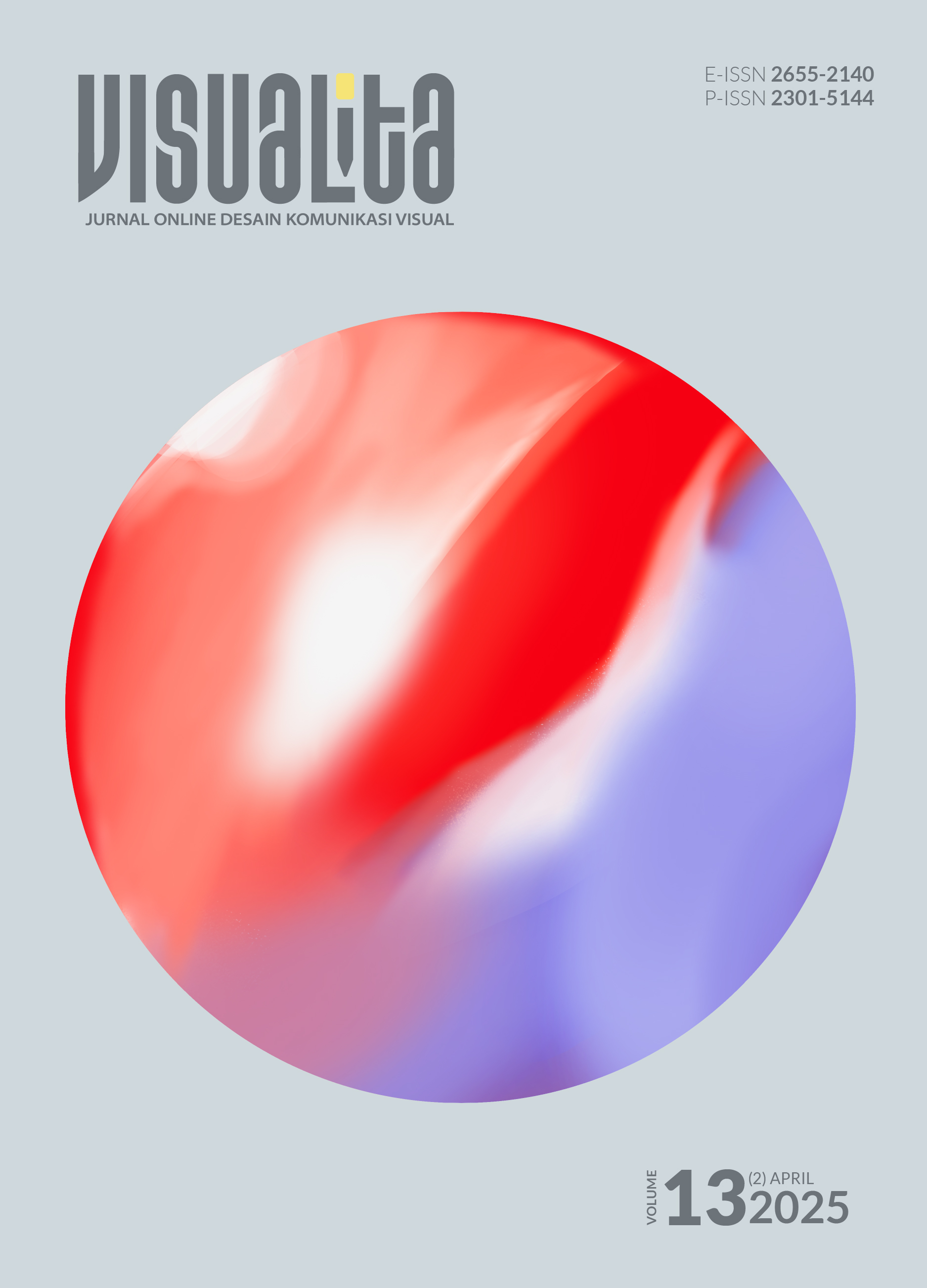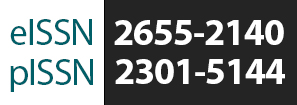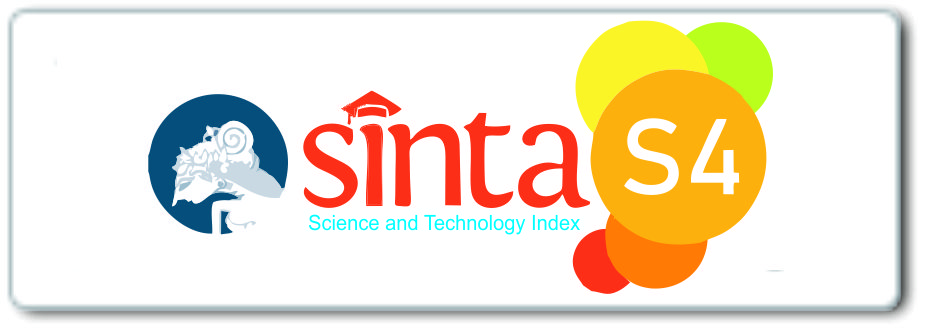Implementation of ChatGPT to Enhance Creativity & Efficiency in Video Production in Media
DOI:
https://doi.org/10.34010/visualita.v13i2.12679Keywords:
Script, Creative, ChatGPT, Youtube, AIAbstract
The purpose of this study is to explore the application of ChatGPT in increasing efficiency and creativity in the video production process in the media industry. The method used in this study is a qualitative approach with interviews and in-depth observations of the creative team on the Kata Dokter YouTube channel, which has implemented ChatGPT in creating video scripts. Data collected through producer interviews provides an overview of how ChatGPT is used in developing creative ideas and writing scripts. The main argument in this study is that ChatGPT can accelerate the creative process and provide new, relevant ideas. ChatGPT has been shown to reduce script creation time by up to 51%. The results of this study indicate that the application of AI in the creative process has a significant impact in terms of time efficiency and content quality. However, human creativity remains an important factor that cannot be replaced in developing authentic and interesting content. This study concludes that ChatGPT can be a very useful tool in supporting the creative process in the media industry, but collaboration between technology and human creativity is still needed to achieve maximum results.
Downloads
References
Dataiku. (2020). The AI Disruption in Media and Entertainment. https://pages.dataiku.com/ai-media-entertainment
Foster, L. (2023). Chat GPT Bibble: Unlocking The Secret World of AI-Generated Content Mastery. Independently published.
Jeff Loucks, James Macaulay, Andy Noronha, & Michael Wade. (2016). Digital Vortex: How Todays Market Leaders Can Beat Distruptive Competitors At Their Own Game. IMD.
Matthew Gentzkow. (2018). Media and Artificial Intelligence. Toulouse Network for Information Technology whitepaper.
Moragoda, H. (2023). Chat GPT For Content Writers. Moragoda ebooks.
Nader, K., Toprac, P., Scott, S., & Baker, S. (2022). Public understanding of artificial intelligence through entertainment media. AI & Society. https://doi.org/10.1007/s00146-022-01427-w
Stuart J. Russell, & Peter Norvig. (2022). Artificial Intelligence: A Modern Approach (Fourth). Pearson Education Limited.
Theodor, J. (2023). Unleashing AI’s Potential: Mastering The Seven Habits For Highly Successful Prompting. FITC. https://www.youtube.com/watch?v=5apqd9BvkbE
Vogels, E. A. (2023). A Majority of Americans Have Heard of ChatGPT, But Few Gave Tried It Themselves. pewresearch.org. https://www.pewresearch.org/short-reads/2023/05/24/a-majority-of-americans-have-heard-of-chatgpt-but-few-have-tried-it-themselves/
Downloads
Published
Issue
Section
License
Copyright (c) 2025 Subadi

This work is licensed under a Creative Commons Attribution-NonCommercial 4.0 International License.
Authors who publish with Visualita agree to the following terms:
- Authors retain copyright and grant the journal right of first publication with the work simultaneously licensed under a Creative Commons Attribution-NonCommercial 4.0 International License.
- Authors are able to enter into separate, additional contractual arrangements for the non-exclusive public distribution and display of the journal's published version of the work (e.g., post it to an institutional repository or publish it in a book), with an acknowledgement of its initial publication in this journal.
- Authors wishing to include items (such as images or other media, or any creative works of others whether previously published or not) must contact the original copyright holder to obtain explicit permission to publish these items in Visualital. Writing permission should include: the title(s) of any copyrighted work, original place of publication if applicable, and an acknowledgement of having read Visualita copyright notice. Authors are responsible for obtaining this permission and keeping it in their own records for later verification.






